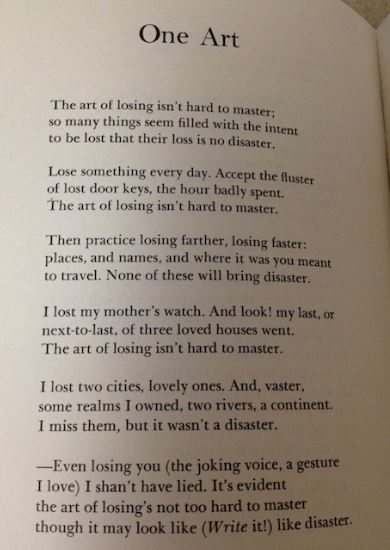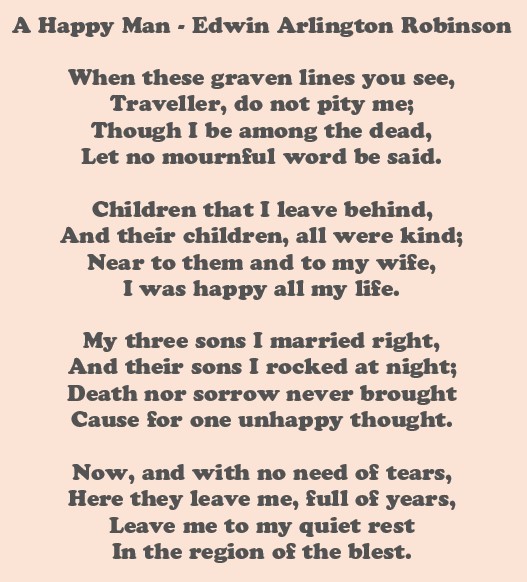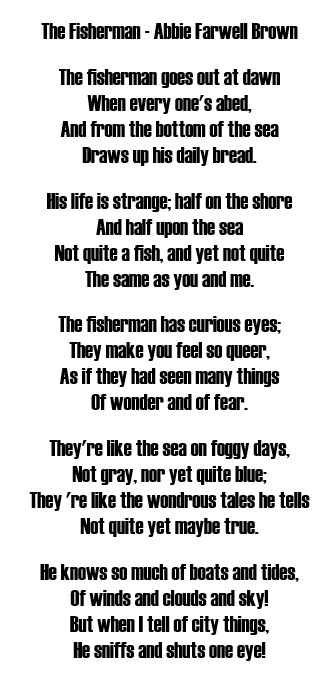
Iniciación al inglés – Repaso de conceptos para conversaciones básicas
Presentaciones
Hello! My name’s (nombre). This is (nombre) and this is (nombre).
How do you do! (Encantado/a)
How do you do! (Mucho gusto!
Saludos
How are you? ¿Cómo estás? / ¿Cómo está usted?
Fine, thanks or very well, thank you.
How do you do!
A la que se responde con la misma frase. (How do you do!).
Despedidas
- Diferentes formas de decir adiós.
Good-bye / Bye for now / See you son!
En la calle
- Cuando se interrumpe a alguien o se pide ayuda a un desconocido, se usa:
Excuse me! (¡Perdone! ¡Oiga!
Al teléfono
Cuando hablamos por teléfono, usamos THIS para identificarnos a nosotros mismos y THAT para preguntar quién es la otra persona. Para indicar que somos la persona con la que se desea hablar, empleamos: SPEAKING.
Mr., Mrs., Miss
Mr.: El señor… (Seguido del nombre y apellido, o sólo apellido).
Mrs.: La señora de… (Seguido de nombre y apellido, o sólo apellido).
Miss: Señorita, o la señorita… (Seguido de nombre y apellido, o sólo apellido).
Ms.: Forma abreviada de “señora” (Mrs.) o “señorita” (Miss) (En lenguaje escrito).
Mr., Mrs., Miss… no llevan artículo.
La gente, las personas
“People” tiene ambos significados, pero se usa siempre con el verbo en plural y sin artículo, cuando se habla en forma general.
Una persona – one person.
Dos personas – two people.
La ciudad
La palabra city significa en su sentido más estricto “ciudad con catedral”, pero se usa normalmente al hablar de grandes ciudades. Town se usa al hablar de ciudades más pequeñas o pueblos grandes.
Formación del plural
- Regla general: se añade una (s) al singular. Ejemplo: flat / flats; book / books.
Cuando las palabras terminan en sh, ch, ss, se le añade (es). Glass / glasses.
Las palabras terminadas en consonante + y, pierden la (y) y añaden (ies). Country / countries.
Las palabras terminadas en (fe), cambian la (f) por (v) y añaden (es). Housewife / housewives.
En inglés no se usa el masculino plural de un nombre para indicar los dos sexos. Hay una palabra especial o se menciona los dos.
Ejemplos:
Parents: Father and mother.
Schoolchildren: Schoolboy and schoolgirl.
Brothers (sólo hombres) and sisters (sólo mujeres): Hermanos en general.
Mr. And Mrs. White: Los señores White (el señor y la señora).
Artículos
El artículo indeterminado, THE, a veces se omite en inglés, aunque se use en español. Por ejemplo cuando se habla en general:
Los perros y los gatos no son amigos. Dogs and cats aren’t friends.
Adjetivos
Cuando dos adjetivos acompañan al nombre no van unidos por la conjunción AND, sino que se colocan uno a continuación del otro. Sin embargo, los colores cuando funcionan como adjetivos sí que llevan la conjunción AND, aunque vayan junto al nombre:
Ese vestido rojo y negro es muy bonito. That red black dress is very pretty.
Concuerdan siempre con el poseedor.
I – my
You – your
He – his
She – her
It – its
We – our
They – their
Para formar decenas y unidades, entre el 21 y el 99, no se usa la conjunción (and), sino que se unen con un guión: (29) twenty-nine.
Para indicar los cientos, basta poner el número y la palabra (hundred), que es invariable. (100) a hundred / one hundred. (200) two hundred.
Los cientos se unen a las decenas con la conjunción AND. (135) a hundred and thirty-five.
Se usan también como pronombres.
Plural de this – THESE – éstos, éstas.
Plural de that – THOSE – ésos, ésas; aquéllos, aquéllas.
Indican una cantidad de la que no sabemos número, peso o medida exactos.
ANY – algunos, algunas, ninguno. Se usa en negaciones y también en preguntas. Su significado varía y a veces no tiene traducción.
Are there any dogs in the Street? No, there aren’t any.
Preposiciones
La preposición (en) tiene tres formas en inglés:
- In: en, dentro de. Se usa para hablar de una ciudad o país y, en general, cuando hablamos de cosas que tienen tres dimensiones: In Madrid; in the kitchen.
- On: en, sobre. Generalmente se usa con superficies (playa, montaña) on the beach, y además, para situar y localizar: On the right; on the left.
- At: en, posición en un punto determinado. At the party; at home.
La preposición (de), tiene dos formas:
- Of: de (indica posesión). Se usa especialmente cuando se trata de cosas. The garden of the house – El jardín de la casa. The capital of Spain – La capital de España.
- From: de,desde (indica origen, procedencia…) Where are you from? ¿De dónde eres? (la preposición va al fianl). It´s a hundred metres from here – Está a cien metros de aquí.
Adverbios
Como en español, acompañan al verbo, a un adjetivo o a otro adverbio y son invariables:
Near: cerca, cerca de… No lleva preposición.
Far: lejos. Cuando acompaña a un nombre, lleva la preposición (De) far from – lejos de. No suele usarse en frases afirmativas.
Verbos
Este verbo tiene distintos significados en español, entre ellos HABER (impersonal), cuyo sujeto en inglés, es THERE. Tiene dos formas:
There is – hay, para el singular. Indica una sola persona, animal o cosa.
There are – hay, para el plural. Indica más de una persona, animal o cosa.
Para formar preguntas: verbo + sujeto+ complemento + ?
Para formar negaciones: se añade (not) al verbo.
Las respuestas breves tienen el mismo sujeto: Yes, there ies / No, there isn’t.
El verbo have got (tener), tiene en presente dos formas distintas: have y has.
Pertenece también a los llamados verbos especiales.
Las negaciones se forman añadiendo not al verbo.
Las preguntas se forman invirtiendo el orden normal de la frase: Verbo + sujeto + complementos + ?
En la conversación se usa siempre la forma contraída. No es fácil confundirlo con el verbo BE porque generalmente va acompañado del GOT. En caso de duda, hay que guiarse por el sentido de la frase.
La respuesta breve se forma con YES o NO, el sujeto (siempre en forma de pronombre) y el verbo sin (got). La respuesta breve afirmativa no se puede contraer; la negativa, sí.
Yes, I have / No, I haven’t
Yes, he has / No, he hasn’t
🔆 También te puede interesar:
- Cómo preguntar y expresar la posesión en inglés
- Cómo usar May y might - Verbos modales
- Conditionals in English - El condicional en Inglés
- Adjetivos y pronombres demostrativos en Inglés
- Pronombres Posesivos en inglés - Possessive Pronouns
- Adjetivos Posesivos en Inglés - Possessive adjectives
- ¿Cómo aprender inglés fácil y desde casa?
- Plural de los sustantivos en inglés
- Many more, a lot more y Much more. Usos en inglés
- ¿Qué son los phrasal verbs en inglés? Los más usados
- Cómo expresar opiniones en inglés
- Uso de whose en inglés - Pronombres relativos
- Who, which y that - Pronombres Relativos en inglés
- Was going to - El futuro en el pasado
- DO y MAKE en inglés ¿Cuáles son las diferencias?
- Cuándo usar Since, For, Ago: ¿Cuáles son las diferencias?
- The Gerund - El gerundio en inglés
- El Imperativo en Inglés - Imperative
- El comparativo y el superlativo en inglés
- Preguntas con WH-Questions 01 - What, where, why, who
- Preguntas con WH-Questions 02 - When, Which, Whose, How
- Cómo expresar cantidades en inglés
- Adjectives - Los Adjetivos en Inglés
- Uso de some / any acompañando nombres contables/incontables
- Modal verbs - Verbos modales en inglés
- El tiempo futuro en inglés
- Present Perfect Progressive - Presente perfecto progresivo
- Present perfect - El presente perfecto inglés
- Pretérito progresivo o continuo en inglés
- Simple past - El pretérito o pasado simple en inglés
- Presente continuo - Forma Afirmativa - English grammar
- Presente continuo - Forma Negativa
- Puntuación en inglés - All about punctuation in English
- Los verbos Auxiliares en inglés - Auxiliary Verbs
- Verbos irregulares en inglés, la lista que debes conocer
- Cómo decir la fecha en inglés - How to say the date in English
- Construir frases simples - To build a simple sentence
- Nombres contables e incontables en inglés
- Presente continuo - Forma Interrogativa
- Cómo Preguntar y decir el precio en inglés
Adblock test (Why?)









